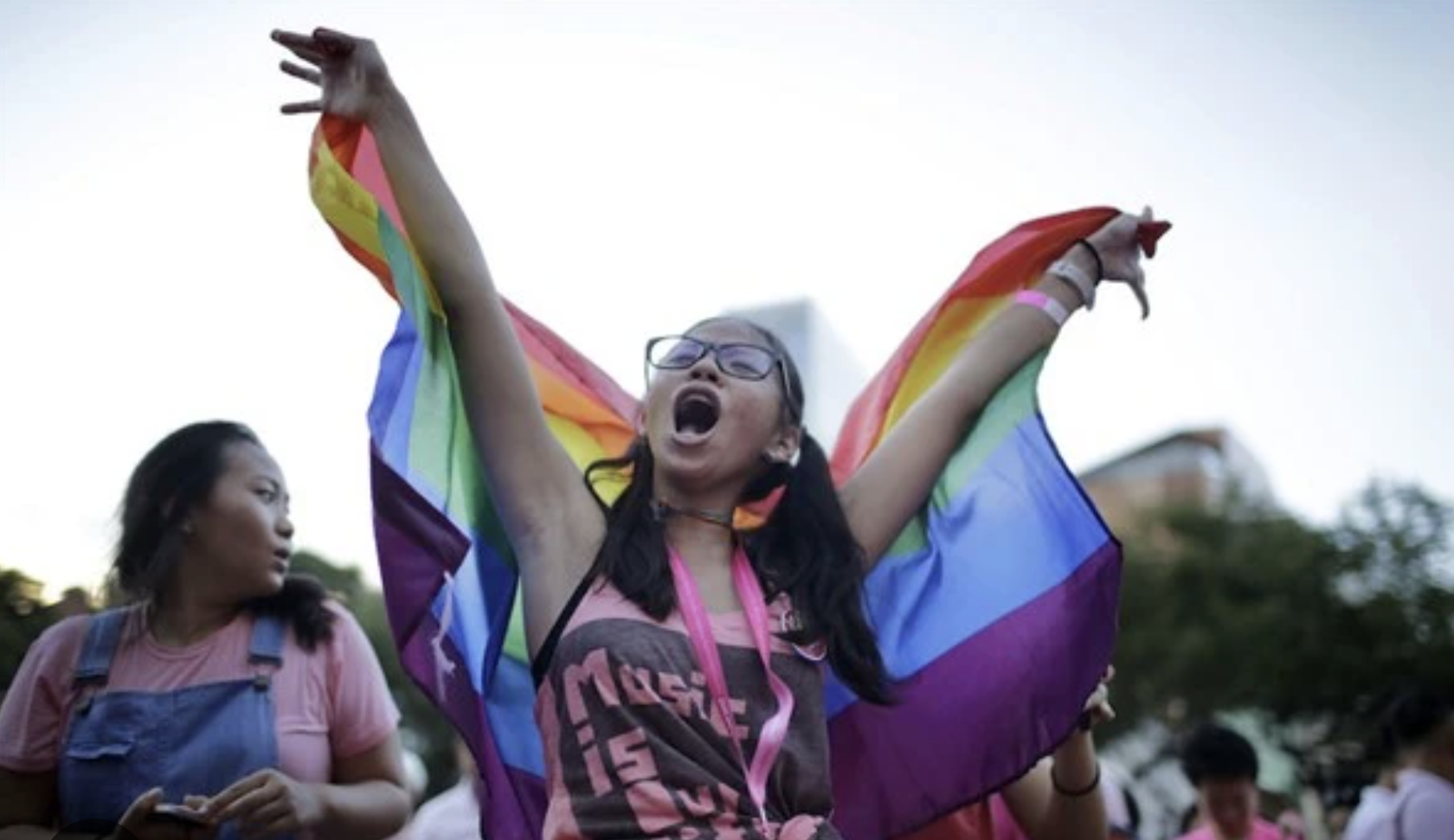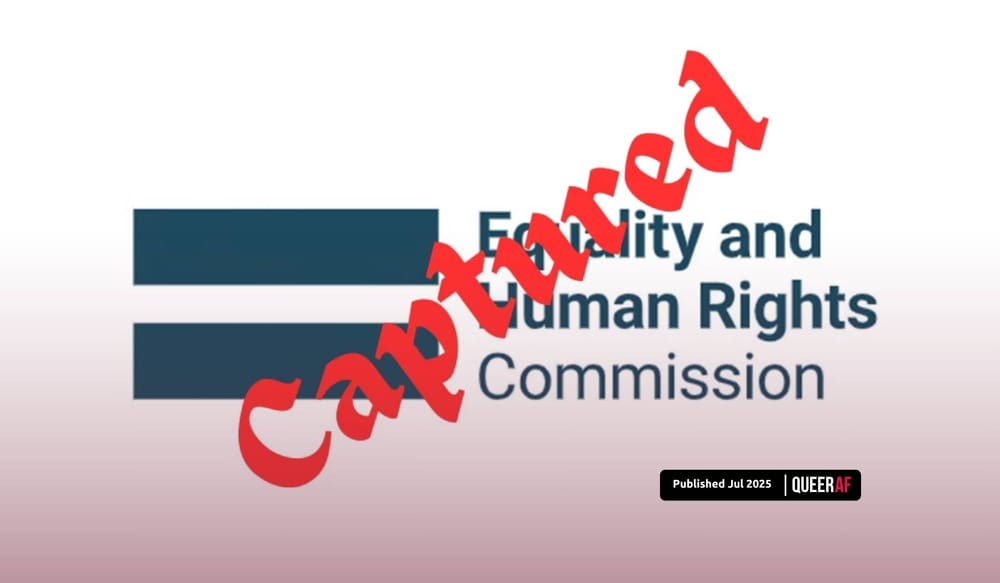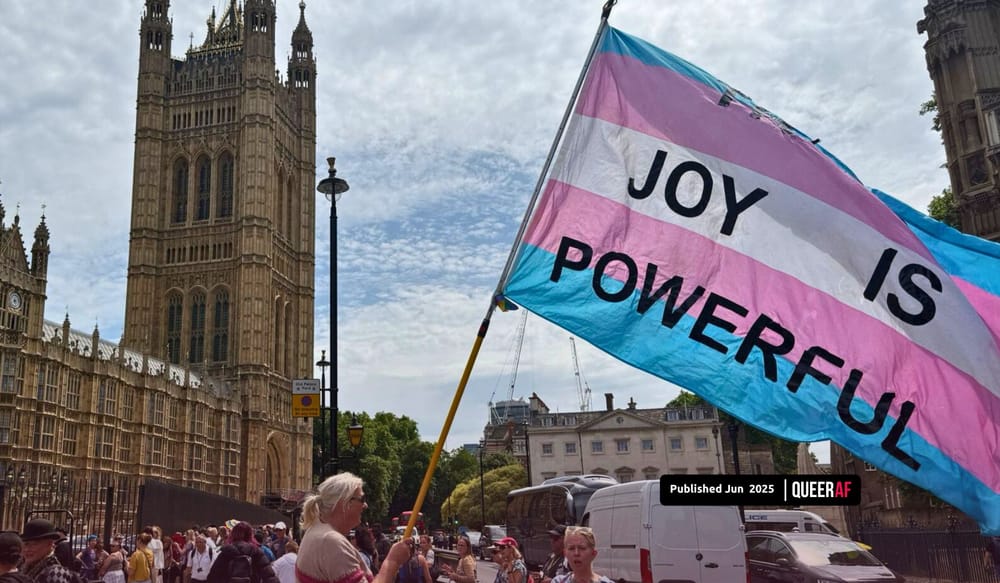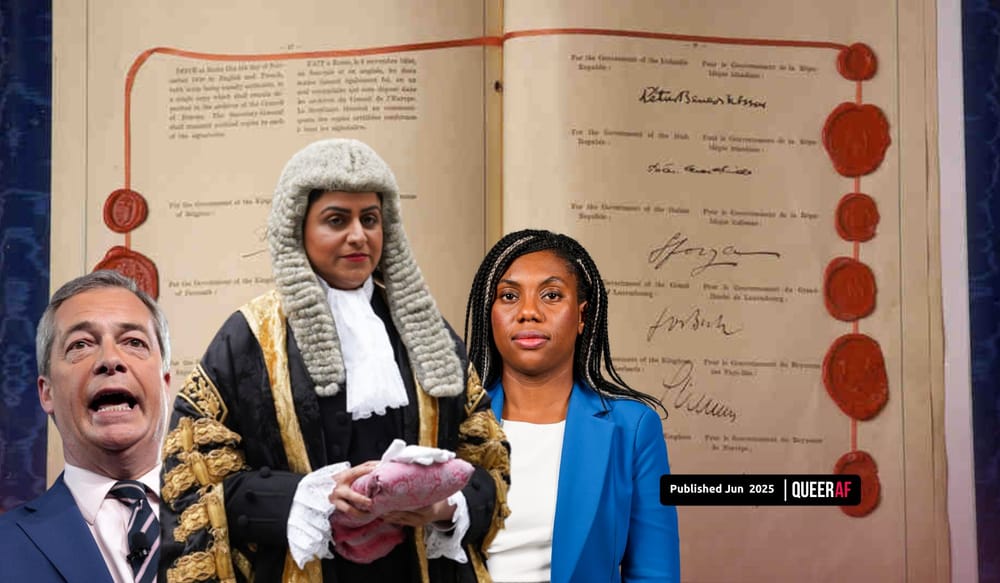TL;DR: Singapore’s parliament has decriminalised sex between men, by removing a colonial era law. But it has simultaneously taken steps to block marriage equality.
On Tuesday, Singapore’s parliament made two monumental decisions.
Firstly, it repealed a British colonial-era law which criminalised sex between men. The law meant sex between men could be punished with up to two years in jail, although it has been unenforced for decades.
A doctor told The Guardian that the law’s repeal marks “the endpoint in our 12-year long struggle” and “the birth of a new chapter in the history of Singapore’s LGBT community” - Guardian
However, the parliament also passed an amendment to its constitution bolstering its definition of marriage. This will potentially block future court challenges that could push the nation towards marriage equality.Prime Minister Lee Hsien Loong and his successor have ruled out including same-sex couples in the constitutional definition of marriage - Reuters
Background
Lee announced the repeal of Section 377A, which criminalised sex between men, back in August. In a televised speech, he said: “I believe this is the right thing to do and something that Singaporeans will accept” - Independent
The constitutional amendment on marriage seems to be an attempt to placate religious groups. Internal affairs minister K Shanmugam said it was to “maintain a balance”, upholding “traditional, heterosexual family values, but with space for homosexuals to live their lives” - CNN
A 2022 poll found only 20% of Singaporeans supported decriminalising homosexuality, with 44% in favour of retaining the law - Global Citizen
Analysis
The last decade - and 2022 especially - has seen the advancement of LGBTQIA+ rights across Asia.
India decriminalised homosexuality in 2018, and bolstered the rights of LGBTQIA+ families this year - Bloomberg
Japan has agreed its ban on same-sex marriage is a violation of human rights - BBC
Vietnam has moved to ban conversion therapy - Al Jazeera
But there is still a way to go to support our queer siblings across the continent. Brunei still criminalises homosexuality, with a maximum penalty of death by stoning. In the Aceh province of Indonesia, it’s punishable by caning. In Malaysia and Myanmar, homosexuality can lead to a prison sentence - International Bar Association
Many Asian countries still enforce homophobic laws introduced by British colonialism, like the newly repealed Singaporean law.
Our fight for LGBTQIA+ rights doesn’t end at our borders. We are not free until we are all free.

We’re not afraid of accountability. It’s why we became the first, and remain the only, regulated LGBTQIA+ outlet in the UK.
This is our contract with our readers: we will always do our best to uphold the highest standards, and we will make things right where we get things wrong.
The IMPRESS standards code protects the public from the worst practices of the media.
As we set out to model change, we believe this standards code will help create a safer environment for LGBTQIA+ stories in the press. We hope to see more publishers follow suit.
Our audience is our most valuable editor, and giving them ways to have their say is crucial. That’s why our ad-free member-funded model lets you set the agenda.
Have your say, and tell us what content is missing in the rest of the media - because we don’t commission based on ‘what creates clicks’. Everything we do is based on what you say should count.













